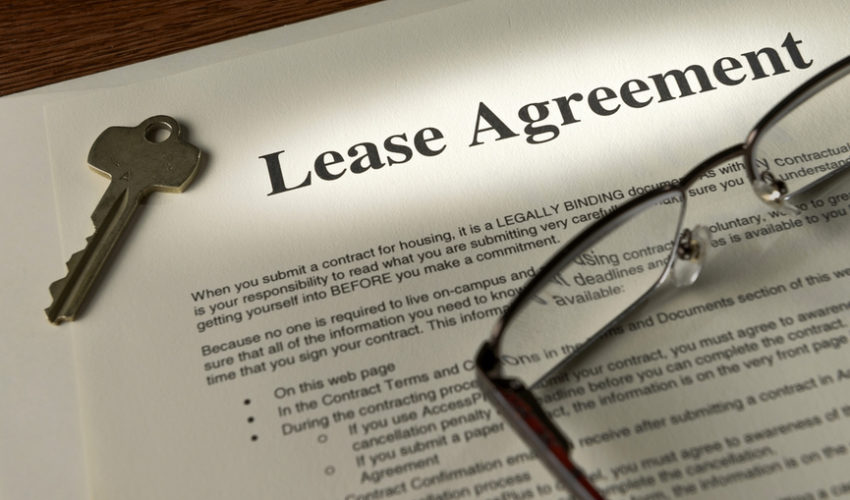Subletting commercial property can offer both landlords and tenants opportunities for maximizing space utilization and generating additional income. However, navigating the complexities of subletting requires careful consideration of legal implications, contractual obligations, and risk management strategies. Blackstone Solicitors, a reputable law firm serving clients across England and Wales, provides expert guidance on subletting commercial property. In this article, Subletting Commercial Property, we take a look at the process and mechanism involved.
Free Initial Telephone Discussion
For a free initial discussion with a member of our New Enquiries Team, get in touch with us today. We are experienced in dealing with all the legal aspects of subletting commercial property, and once instructed, we will review your situation and discuss the options open to you in a clear and approachable manner. Early expert legal assistance can help ensure you are on the best possible footing from the start and also avoid the stress of dealing with these issues on your own. Simply call us on 0345 901 0445 or click here to make a free enquiry and a member of the team will get back to you.
Understanding Subletting
Subletting involves a tenant leasing all or part of their leased commercial premises to a third party, known as a subtenant, for a specified period. Subletting arrangements require approval from the landlord and must comply with lease terms, statutory regulations, and legal requirements.
Landlord Consent
Before subletting commercial property, tenants must obtain written consent from the landlord, as outlined in the lease agreement. Landlords have the discretion to approve or reject subletting requests based on various factors, including the financial stability of the proposed subtenant, suitability of the intended use, and compliance with lease terms.
Sublease Agreement
Subletting commercial property typically involves executing a sublease agreement between the tenant (sublessor) and the subtenant. The sublease agreement outlines terms and conditions governing the subletting arrangement, including rent, duration, maintenance responsibilities, and dispute resolution mechanisms.
Lease Obligations
Despite subletting, the original tenant remains responsible for fulfilling lease obligations, including payment of rent, maintenance of the premises, compliance with lease terms, and adherence to statutory regulations. Landlords may hold both the tenant and subtenant jointly liable for lease breaches and non-compliance.
Rent and Profit
Subletting commercial property allows tenants to generate rental income from subtenants, potentially offsetting their own lease obligations. However, landlords may impose conditions on rent amounts, profit-sharing arrangements, or require approval of sublease terms to safeguard their interests and ensure fair treatment of all parties involved.
Landlord’s Remedies
Landlords retain various remedies in the event of sublease breaches or non-compliance with lease terms. These may include termination of the sublease, forfeiture of the original lease, or legal action against the tenant and subtenant for damages or injunctive relief. Subtenants should be aware of their rights and obligations under the sublease agreement to avoid potential repercussions.
Assignment vs. Subletting
Distinctions exist between assignment and subletting of commercial property. Assignment involves transferring the entire leasehold interest to a new tenant, whereas subletting entails leasing part or all of the premises to a subtenant while retaining the original leasehold interest. Both processes have distinct legal implications and procedural requirements that must be adhered to.
Legal Considerations
Subletting commercial property entails legal considerations for both landlords and tenants, including compliance with lease terms, statutory regulations, planning permissions, and licensing requirements. Seeking legal advice and drafting comprehensive sublease agreements can help mitigate risks, clarify rights and obligations, and ensure compliance with legal obligations.
Conclusion
Subletting commercial property presents opportunities for landlords to maximize rental income and tenants to optimize space utilization. However, navigating subletting arrangements requires careful consideration of legal obligations, contractual requirements, and risk management strategies. Blackstone Solicitors is committed to providing expert legal advice and assistance to landlords and tenants across England and Wales, ensuring compliance with lease terms, statutory regulations, and legal requirements in subletting commercial property. By understanding the complexities of subletting and seeking professional guidance, landlords and tenants can achieve successful subletting arrangements that maximize benefits and mitigate risks for all parties involved.
How we can help
We have a proven track record of helping clients deal with subletting commercial property. We will guide you through the process and ensure all checks are carried out swiftly and efficiently and we firmly believe that with the right solicitors by your side, the entire process will seem more manageable and far less daunting.
How to Contact Our Commercial Property Solicitors
It is important for you to be well informed about the issues and possible implications of subletting a commercial property. However, expert legal support is crucial in terms of ensuring a positive outcome to your case.
To speak to our Commercial Property solicitors today, simply call us on 0345 901 0445, or click here to make a free enquiry. We are well known across the country and can assist wherever you are based. We also have offices based in Cheshire and London.
Disclaimer: This article provides general information only and does not constitute legal advice on any individual circumstances.



